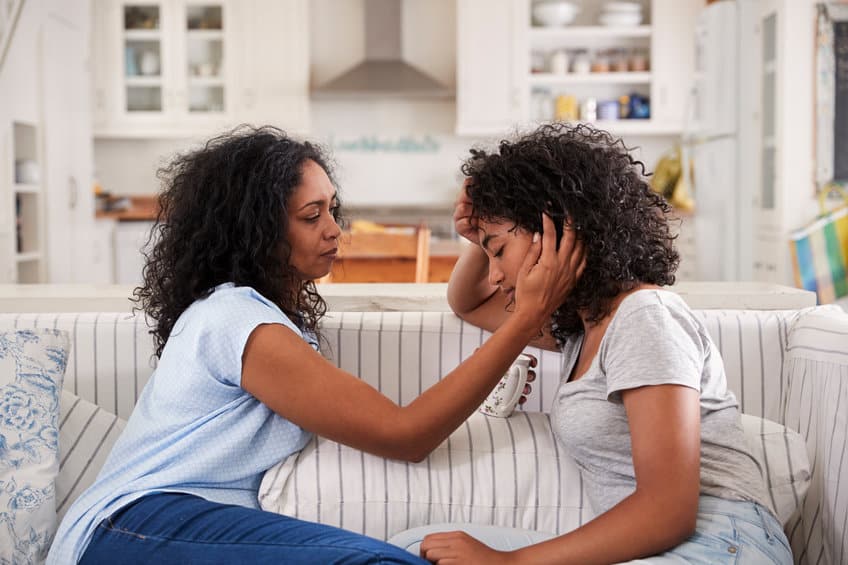Talking to Your Kids About Sex
Talking to our kids about sex can feel uncomfortable. That is why it is good to start early with age-appropriate facts about sex that evolve over time. Talking about sex with your kid (and it will be about more than discussing actual intercourse) is important for your children to develop healthy sexual attitudes and safe sexual behaviors as they get older.
Here are a few key points (this list is not exhaustive):
1. Tell them about their bodies and what sex is using correct terminology. It will be easier for adults and children if you start using accurate language from the beginning.
2. Don’t wait for “the big” talk. Children need age-appropriate information throughout their lives. This is not a one-time conversation.
3. When children ask questions, give them age-appropriate accurate information.
4. Share your values about sex and sexuality. Don’t let them get all their information from friends, the Internet, or health class.
5. Talk to them about sex and sexuality by taking advantage of naturally occurring events. For example, teach your toddler body parts at bath time. There are many opportunities: pregnant friends, songs, commercials, movies, and certain stores at the mall.
6. Teach your children how they may touch and how they may not touch someone. When you talk to them about inappropriate touch by someone else, be sure to talk to them about how it is inappropriate for them not to touch someone else in a way that makes the other child/person uncomfortable.
7. Children need to know that sexual touch that is harmful or abusive doesn’t necessarily hurt or feel bad. It can be confusing to a child that a touch that has a pleasant physical sensation can also be inappropriate or harmful to them and others.
8. Tell them about pornography. More likely than not, your child will be exposed to pornography. They will need language about why pornography exists and language around why their body will respond to pornographic images. Here you will be confronted with engaging your own feelings about pornography and/or your own usage of pornography.
9. Let them know that sex can feel good. Tell them about arousal and put words around what that might feel like for them. Arousal is the experience of being drawn into something good that will offer you pleasure. Our bodies are made to be aroused by goodness and beauty – not only sexual arousal, but arousal chemicals will flow through our bodies with good care, attunement, even getting picked for a team or invited to the party.
10. This is the number one thing you can do for your kids – engage your own sexual story and your own sexual shame. If you have unprocessed disappointment, pain, or shame it will spill over into your conversations with your kids. Even if you have read all the books and say all the right words, you cannot hide your sexual shame from your children. They receive the subtle nonverbal messages and that includes your true feelings about sex and sexuality. Engaging your story will be a gift to your children and a gift to you – one with the opportunity for freedom and healing.
Do you have unprocessed disappointment, pain, trauma, or shame related to your sexual story? Call The Center for Hope and Healing at 936-524-7523 or go to www.thecenterforhopeandhealing.net to schedule an appointment with one of our trauma informed therapists.

Mother Talking With Unhappy Teenage Daughter On Sofa



